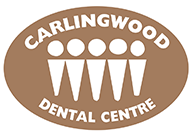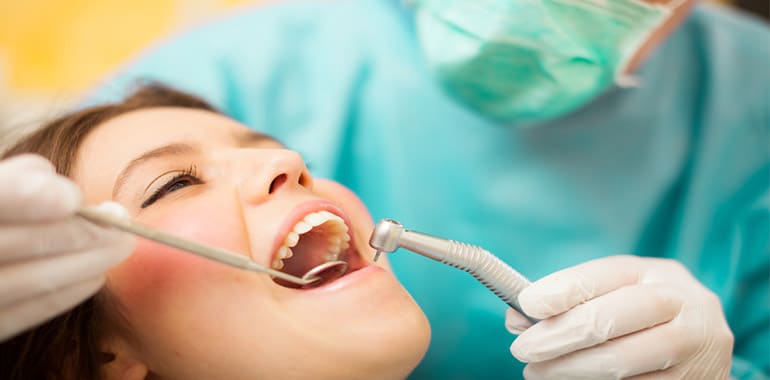There is no doubt that cavities are bad news. If left untreated, cavities can destroy your teeth, resulting in abscesses and infections that can cause you a lot of pain. Read on to find out about cavities and how to identify, treat, and prevent them:
What are cavities?
Cavities, also known as dental caries, are holes in your teeth that develop from tooth decay. Plaque is a sticky substance that sticks to your teeth if you don’t practice proper oral hygiene. Acids in the plaque slowly eat away at your tooth enamel, the outermost layer that protects the sensitive inner pulp filled with nerve endings. The holes can grow bigger and deeper over time if left untreated, eventually exposing the sensitive inner tooth.
Do I have cavities?
During routine appointments, your dentist will examine your mouth to see if you have cavities. Even if you practice the best oral hygiene, you may develop cavities through no fault of your own. There is a genetic component to how susceptible your teeth are to developing cavities, and cavities can be caused by a lack of fluoride in the water. Dry mouth syndrome associated with some illnesses and medications can also lead to cavities. You may not be able to tell if you have a cavity because they are small and may develop below the surface of the tooth, so make sure you visit the dentist regularly, and they can catch it.
How are they treated?
Your dentist will treat the cavity with a filling. First, your dentist will numb the area with an anesthetic. Then they will use a special drill to remove the decayed portion of the tooth. They will then clean the area and fill the cavity with a filling material. These days, most fillings are made of gold, silver, plastic resin, or porcelain. Each filling material has its own advantages and disadvantages in terms of price, durability, and appearance.
Here are some tips on how to prevent cavities from developing:
Brush Using the Right Technique
There’s a right way and a wrong way to brush your teeth, and a few adjustments to your brushing technique can make a huge difference in your oral hygiene and health. When brushing, try to hold your toothbrush at a 45-degree angle. If you’re using a battery-operated brush, use a flicking, up and down motion as you move it along your teeth. Avoid pressing down too hard on your brush. This can wear down the enamel. The goal is to brush for about 2 minutes with gentle circular motions to clear away food debris from the tissue and teeth.
Don’t Forget to Floss
Flossing is one of the most neglected habits, but it’s one of the most important to practice each day. Brushing your teeth only cleans about 70% of your mouth, so there’s still 30% that needs attention. That’s where floss comes into play. This strong threading technique reaches in between the teeth and gum line to keep them clean and healthy. It will also keep your breath fresher.
Mouthwash is Key
A simple but very effective way to minimize bacteria and get rid of bad breath is by using mouthwash. Make this part of your dental hygiene routine by swishing it around in your mouth once per day for at least 30 seconds. You can find alcohol-free mouthwashes if you prefer. We guarantee it will leave your mouth feeling cleaner and fresher.
Reduce or Avoid Sugar as Much as Possible
As delicious as it may be, sugar is the nemesis of your teeth and gums. It’s what bacteria feed on, which helps them thrive inside your mouth and, eventually, your body. Try to reduce or avoid sugar as much as possible, along with carbonated beverages and acidic food.
Drink More Water
Did you know that a majority of people are chronically dehydrated? Not getting enough water each day contributes to many problems, including dry mouth and higher bacteria levels. When you drink at least eight glasses of water each day, it flushes away residue leftover from food, and it helps your mouth produce enough saliva to protect it from bacteria buildup and decay.
Don’t Skip Dental Appointments
Even if you don’t feel any pain with your teeth or gums, it’s important to attend your regular checkups and cleanings at the dentist. There are many issues that can start to develop that won’t be noticeable to you until they become more severe. Your dentist is your first line of defence in protecting your oral health. They’ll clean away plaque and tartar that regular brushing can’t get rid of and inspect your mouth for any serious signs of disease or infection. Remember, the health of your mouth impacts your entire body, so take good care of it.
With proper prevention and early treatment, you can protect your dental health and stop cavities from spiralling into a big problem. Contact us at Carlingwood Dental to schedule your next appointment and have your teeth checked.


